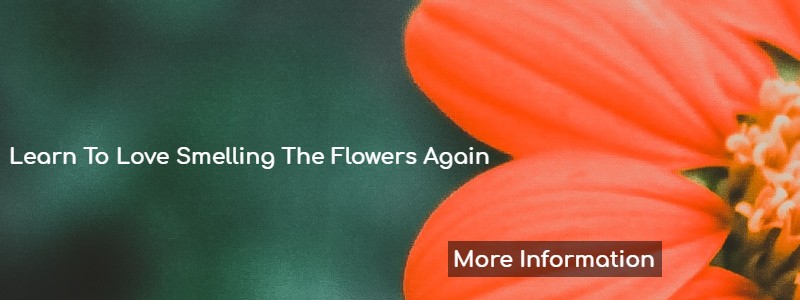Recent Posts
It’s Never Too Early To Talk About Spring Allergies
Posted by on
In a couple of short months, it will warm again, and birds will be chirping joyously as you grill with your family in the backyard. Sure, spending all this time outside again will be nice, but you're not the only one waking up from an unproductive winter slumber. With the increasingly warm temperatures plants will be waking up from their own winter vacation, and they will have a lot of work to catch up on. Plants, having just taken the winter off, have to get back to reproducing. They do this the most efficient way that they know how; by releasing pollen and giving you seasonal allergies.
What Is Pollen Exactly?
Pollen is a powdery substance created by plants during the reproduction process. Pollen is either formed on the stamen of the male flower or in the cone of the male flowering of a coniferous tree. In order to reproduce, the pollen must somehow find its way to the pistil of the female flower or the cone of the female flowering or coniferous tree. But how do they do it?
How Pollen Is Transported
Plants have adapted over millions of years to be able to reproduce with other plants that are not in their immediate vicinity. Instead of actively pollinating themselves, plants have evolved to enlist a couple of pollination tactics.
Wind
The first way that plants may be pollinated is by wind, a tactic known as cross-pollination. Plants that cross-pollinate generally grow their flowers early in the spring, in an effort to not have their leaves get in the way of the flowers when they disperse their pollen. Once the flowers are formed, the pollen is released into the wind where it will ideally land on a female flower. In some parts of the country, it is not uncommon to visibly see pollen in the air in the early spring, causing seasonal allergies.
Animals & Insects
While some plants use the wind to pollinate, others have evolved to enlist animals and insects to pollinate for them. The most popular example of this would be that of the bee and the flower, where the bee collects pollen on its legs when gathering nectar from a flower it subsequently pollinates the next flower that it lands on. Plants can also similarly attach pollen to animals and be fertilized in the same way.
If Pollen Is Natural, Why Does It Cause Allergies?
Pollen is a natural product of nature, but it still causes seasonal allergies for roughly 50 million people a year in the United States alone. The reason that pollen creates allergic reactions is that your immune system thinks it is harmful when you come in contact with it. Your immune system then creates antibodies to destroy the pollen that you have come in contact with. Sometimes, there is just too much pollen, and your antibodies can't keep up, thus causing an allergic reaction. Most solutions available today for allergy relief are packed with antihistamines, a remedy that reduces your reactions and symptoms. While antihistamines are great at relieving symptoms while they are already occurring, they do not address the allergy itself. Luckily, at Allergena we have an alternative allergy options.
Allergena's Homeopathic Allergy Drops
At Allergena, we offer a solution to your seasonal allergies. Instead of reducing the side effects of allergies like popular over-the-counter drugs, our alternative allergy treatment addresses the allergy itself. Our homeopathic allergy drops deliver small doses of allergens like pollen so that your body becomes safely conditioned to tolerate those allergens. At Allergena, it is our goal to prevent allergic reactions by addressing the effect of the allergen on your body, not the symptoms of the allergen once you react to it.
Our product is specifically tailored to provide you with seasonal allergy relief. We have identified the nine major allergy regions in the United States in an effort to effectively condition you to tolerate the allergens that exist in your region. Give our product a try, and experience true seasonal allergy relief!
If you have any questions about our product, or how it works, please don't hesitate to contact us, as we would be happy to answer your questions.
 Loading... Please wait...
Loading... Please wait...

